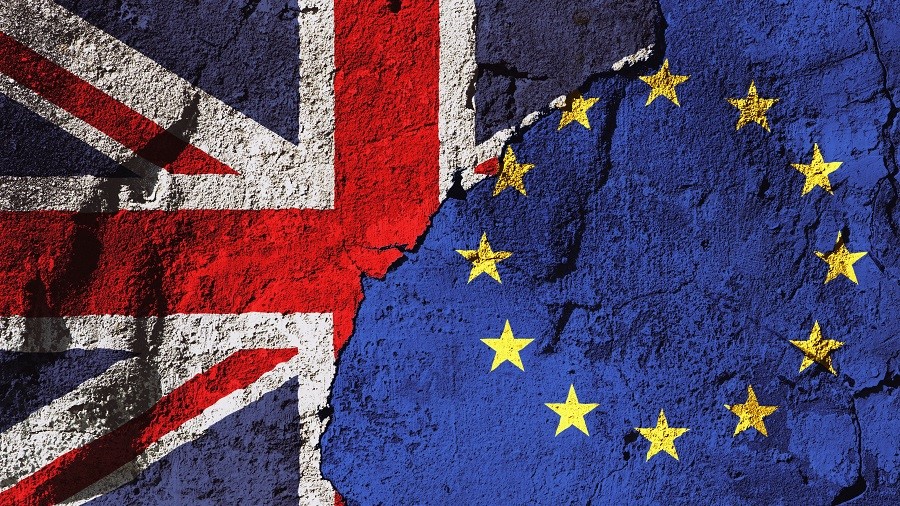Reckless motorist with no cover crashes in ruin (9, 6)
Occasionally it feels like I am looking at a cryptic crossword clue when deciphering an opinion. Such was my apprehension when I first sat down in a cosy armchair to…
READ MOREWe use cookies to help you navigate efficiently and perform certain functions. You will find detailed information about all cookies under each consent category below.
The cookies that are categorised as "Necessary" are stored on your browser as they are essential for enabling the basic functionalities of the site. ...
Necessary cookies are required to enable the basic features of this site, such as providing secure log-in or adjusting your consent preferences. These cookies do not store any personally identifiable data.
Functional cookies help perform certain functionalities like sharing the content of the website on social media platforms, collecting feedback, and other third-party features.
Analytical cookies are used to understand how visitors interact with the website. These cookies help provide information on metrics such as the number of visitors, bounce rate, traffic source, etc.
Performance cookies are used to understand and analyse the key performance indexes of the website which helps in delivering a better user experience for the visitors.
Advertisement cookies are used to provide visitors with customised advertisements based on the pages you visited previously and to analyse the effectiveness of the ad campaigns.

The Product Regulation and Metrology Bill, introduced to the House of Lords on 4 September 2024, could carry significant implications for both UK businesses and consumers.
The Bill grants the Secretary of State for Business, Energy, and Industrial Strategy the authority to create Regulations that mirror, or correspond closely to, EU law in areas related to product marketing, use and environmental impact.
Clause 1(2) of the Bill would grant the Secretary of State powers to make secondary legislation “which corresponds, or is similar, to a provision of relevant EU law for the purpose of reducing or mitigating the environmental impact of products.”
The Bill defines a “product” as any tangible item resulting from a method of production. This presently excludes intangibles such as software.
Whilst certain categories of products are exempt, such as food, agricultural products, military equipment, medicines, and medical devices (as outlined in Schedule 1), it could affect the majority of consumer products and many industrial goods in the UK.
The Bill could result in EU measures being adopted into UK law relating to the “marketing or use” of products. This includes various stages such as manufacturing, composition, certification, storage, transportation, packaging, labelling, disposal, and online marketing.
The Bill focuses on ensuring that the legislation aims to “reduce or mitigate environmental impacts.” The specifics of how this will be applied, however, currently remain open to interpretation.
Announced in the King’s Speech of 17 July 2024, the Bill was introduced to the House of Lords on 4 September and received its second reading on 8 October. It is currently at the Committee Stage, which began on 20 November 2024. The most recent update occurred on 11 December 2024, with a line-by-line examination of the Bill, which will continue on 19 December for further amendments.
The Bill’s title has been changed from “Product Safety and Metrology” to “Product Regulation and Metrology,” which has been suggested to reflect its broader scope.
Initially intended to align UK product safety Regulations with those of the EU, the Bill now seeks to cover a wider range of regulatory issues, including environmental impacts.
Proponents argue that this would enable the UK to keep up with the EU’s high standards of sustainability and safety in its products and avoid the UK being flooded with products banned in the EU. The widening of the scope to environmental impacts could see its extension reach to the adoption of rules such as those on vehicle emissions, low-waste packaging, and AI.
Aligning with EU law is intended to simplify cross-border trade and reduce administrative burdens. Stringent enforcement mechanisms would also be introduced to investigate non-compliance and crucially potentially impose criminal penalties for non-compliance.
The Bill has a growing number of critics, however, who raise some concerns:
BTO will watch with interest how this Bill proceeds as its scope could be far reaching indeed for many sectors.
From more information, please contact author of article Natalie Boal, Trainee Solicitor: nbo@bto.co.uk / 0141 221 8012 or Vikki Watt, Partner: vwa@bto.co.uk / 0141 221 8012.
Notifications